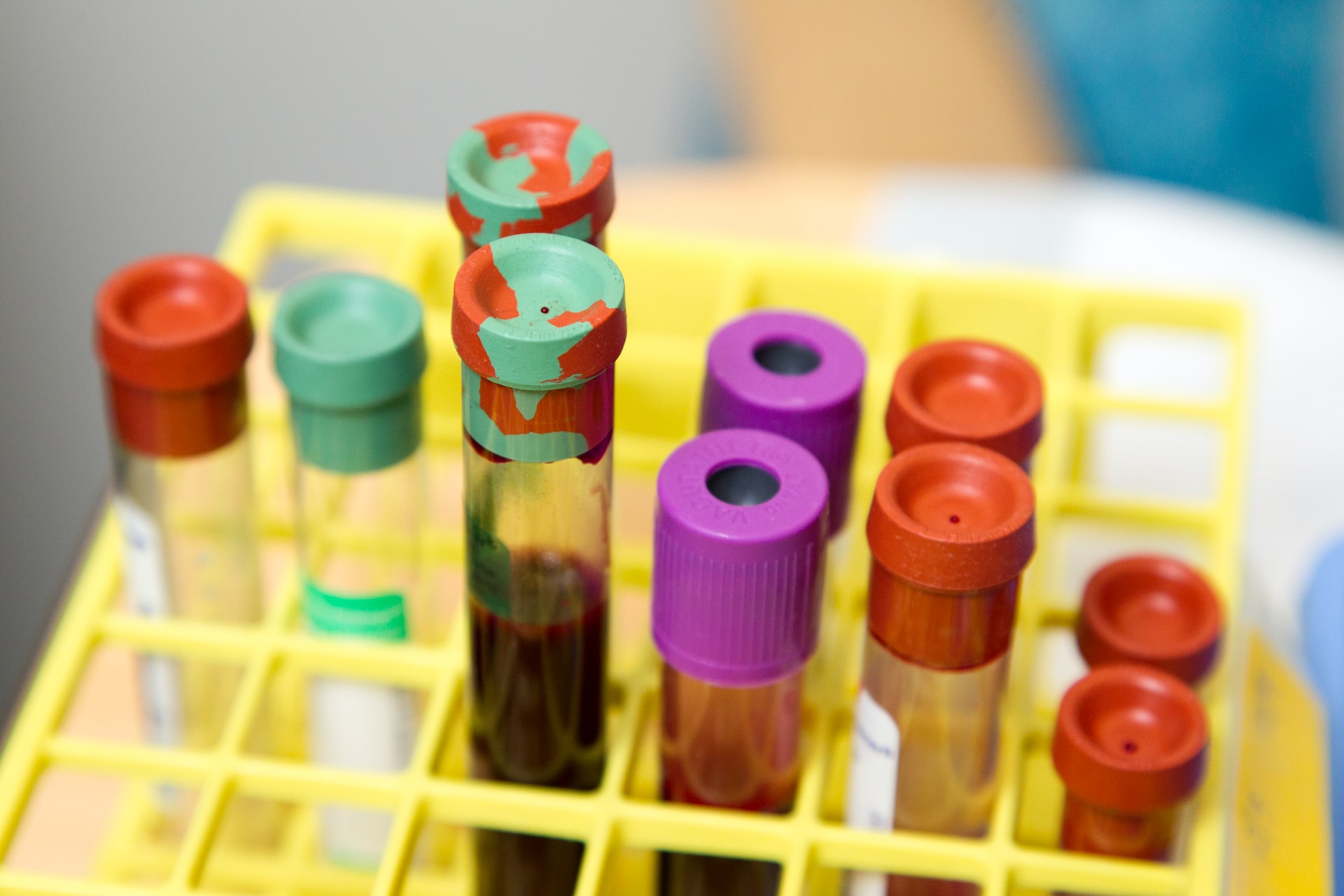A review recently published in the Journal of Andrology discusses in great detail the impact that SARS-CoV-2 – the agent that causes COVID-19 – may have on male fertility levels.
This paper, backed by the China Postdoctoral Science Foundation, summarises study findings showing how the novel coronavirus can impair male reproductive health.
It’s true that there is much study still needed to investigate the link between the critical molecule for SARS-Cov-2 transmission – the angiotensin I-converting enzyme, ACE2 – and the transmembrane protease TMPRSS2. These are molecules integral to the viral transmission of the novel coronavirus, and ones highly expressed in the male reproductive system.
Nevertheless, we are able to clarify the relationship between COVID-19 and the male genital tract – now a more pressing question than ever.
Very little data is available on the effects of COVID-19 on male fertility
It is understood in the Journal of Andrology that many preliminary investigations struggled to truly comprehend the impact of SARS-CoV-2 on male reproduction. It is clear that over 25 viruses can enter human semen and negatively impact male fertility – whether this holds true for COVID-19 remained to be seen.
With such a limited number of data, the impact of COVID-19 on male fertility has become an important topic for researchers.
ACE2 is highly expressed in the male genital tract
To gain viral entry, SARS-Cov-2 uses a surface structure called the spike protein to bind to the ACE2 receptor present on host cells.
The Journal of Cellular and Molecular Medicine has long since established that the ACE2 messenger, RNA, is expressed in both the germ and somatic cells of the testes. ACE2 also expresses in spermatogonia, Leydig cells and Sertoli cells – all key components of the male testes.
A study utilising electron microscopy to examine post-mortem tissue from the testes of 12 COVID-19 patients discovered swelling, vacuolation and cytoplasmic dilution in the Sertoli cells. This suggests an impact on male fertility at the cellular level.
Researchers have also proposed that, as an indirect effect of the swelling and inflammation, there may be an increase in testicular temperature. This detrimentally impacts spermatogenesis – compromising sperm quality and increasing the risk of infertility.
 What about TMPRSS2?
What about TMPRSS2?
Ever since the outbreak of the novel coronavirus, research into the role TMPRSS2 may play in the COVID-19 infection of the prostate has skyrocketed.
This enzyme, which cleaves the spike protein in preparation for virus and host membrane fusion, is highly expressed in the prostate’s epithelium. This gland secretes prostate fluid – a vital component in seminal fluid. Muscles within this gland are responsible for pushing the seminal fluid through the urethra during ejaculation.
High expression of TMPRSS2 within the prostate could increase the likelihood of infection in this gland, impacting its ability to secrete these fluids.
More research is needed
To conclude their studies, the Journal of Andrology acknowledges their review obtained clues “from basic research on other viruses” to understand the pathogenic effects of SARS-CoV-2 on male fertility.
There was no doubt that male fertility might be highly vulnerable to SARS‐CoV‐2 infection. The perspectives gained from multi-organ research during the pandemic raises the possibility that damage to male fertility levels is an underappreciated result of COVID-19.
More attention must be paid to the effects on male fertility as a result of COVID-19 – should this casual link between SARS-CoV-2 and male infertility be confirmed, cryopreserving your spermatozoa should be considered if you are a male patient battling this virus.
Prevention is key
To avoid the harsh reality of male infertility as a result of COVID-19, consider getting a COVID self-swab test kit. This way, you can mitigate potential for infection.
Myhealthchecked offers simple, reliable and affordable health tests. Their private COVID testing kit involves a collection swab, sterile tube, pre-paid postage bag and easy-to-read instruction leaflet. Simply follow the step-by-step instructions and return your test to their labs – you’ll receive a straightforward result that’s easy to understand and offers you peace of mind regarding COVID-19.

